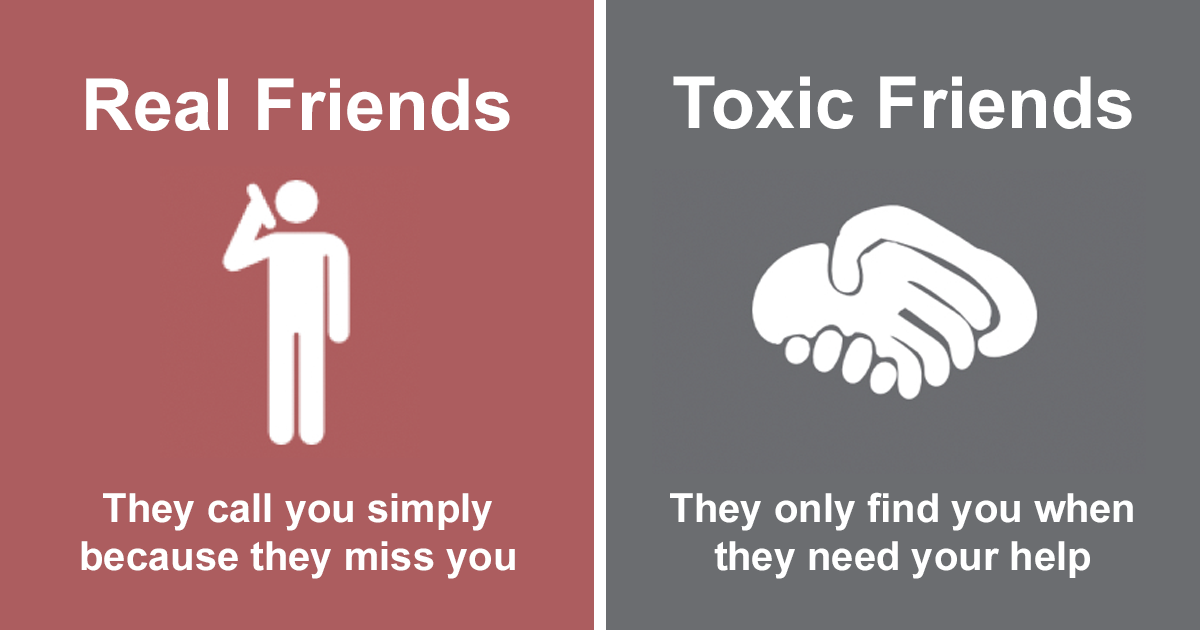 BONDET.CO –
BONDET.CO –
Spotting the Red Flags: Recognizing Toxic Friends in Your 20s
Your 20s are a dynamic decade. It’s a time of immense growth, shifting identities, career exploration, and navigating new levels of independence. As you evolve, so too should your relationships. While some friendships formed in childhood or adolescence prove to be lifelong pillars of support, others might start to feel heavy, draining, or even detrimental. Recognizing a toxic friendship is crucial in your 20s, as these relationships can significantly impact your self-esteem, mental health, and overall trajectory during this formative period.
Why is it particularly challenging to spot toxicity now? For starters, you likely have long histories with some friends. Shared memories, inside jokes, and a sense of loyalty can make it incredibly difficult to acknowledge that a relationship has become unhealthy. There’s also the fear of loneliness as your social circle potentially changes due to moves, new jobs, or differing life paths. You might cling to familiar faces even when they no longer serve your well-being. Furthermore, you’re still figuring out who you are, and sometimes toxic dynamics can feel normalized or even mistaken for "just how they are" or "tough love."
However, understanding the signs of a toxic friendship is the first step toward protecting your peace and creating space for healthier connections. Here are key red flags to watch for:
1. You Constantly Feel Drained, Not Energized:
Healthy friendships should generally leave you feeling uplifted, supported, or at least content. Toxic friendships, on the other hand, are energy vampires. After spending time with them, you might feel exhausted, anxious, irritable, or emotionally drained. This isn’t a one-off bad mood; it’s a consistent feeling associated with their presence.
2. They Thrive on Drama (Often Their Own):
Is their life a perpetual crisis? While everyone goes through tough times and needs support, a toxic friend often lives in a state of constant, self-inflicted drama. They consume conversations with their problems, rarely offering an ear for yours. They might even create drama within your friend group, pitting people against each other. This constant turmoil is exhausting and deflects from genuine connection.
3. They Are Consistently Critical or Competitive:
Instead of celebrating your successes, they might downplay them, offer backhanded compliments ("That’s nice you got that promotion, but the pay isn’t that great, is it?"), or immediately pivot to their own achievements. They might criticize your choices, appearance, or other friends under the guise of "honesty" or "joking," but it leaves you feeling insecure and judged.
4. Your Boundaries Mean Nothing to Them:
Toxic friends often disregard your limits. If you say you’re busy, they push. If you express discomfort with a topic or behavior, they ignore it or make you feel guilty. They might show up uninvited, share your secrets, or constantly demand your time and attention without respect for your needs or schedule.
5. There’s a Lack of Reciprocity:
Friendship is a two-way street. In a toxic dynamic, you often find yourself giving much more than you receive. You’re always the one reaching out, making plans, listening to problems, and offering support, while they rarely reciprocate when you need them. Your needs and feelings take a backseat.
6. They Don’t Support Your Growth or Encourage Unhealthy Behavior:
As you navigate your 20s, you’re likely trying to build healthier habits, pursue goals, or make positive changes. A toxic friend might subtly (or overtly) undermine these efforts. They might encourage old, unhealthy patterns (excessive drinking, gossiping, skipping responsibilities) or make fun of your attempts to improve, perhaps because your growth highlights their stagnation or threatens the existing dynamic.
 Spotting the Red Flags: Recognizing Toxic Friends in Your 20s
Spotting the Red Flags: Recognizing Toxic Friends in Your 20s
” title=”
Spotting the Red Flags: Recognizing Toxic Friends in Your 20s
“>
7. They Make You Feel Bad About Yourself:
This is perhaps the most significant sign. A healthy friendship boosts your self-esteem and makes you feel valued. A toxic one erodes it. If you consistently feel insecure, anxious, guilty, or less-than after interacting with this person, that’s a major red flag. Your feelings are valid indicators of the health of the relationship.
8. They Are Manipulative or Guilt-Tripping:
Toxic friends might use manipulation to get what they want or keep you tethered to them. This could involve passive-aggression, making you feel guilty for having other friends or commitments, or twisting situations to make themselves the victim and you the villain.
9. They Betray Your Trust or Gossip Excessively:
Trust is fundamental. If a friend consistently breaks promises, reveals your confidences, or engages in rampant gossip about others (which often means they’re gossiping about you too), the foundation of trust is broken.
Recognizing these signs isn’t about labeling friends as "good" or "bad" definitively, but about assessing the health of the dynamic. People aren’t always toxic in every relationship, but the interaction between you might be.
Identifying these patterns in your 20s is empowering. It allows you to make conscious choices about who you invest your time and emotional energy in. It might mean setting firmer boundaries, creating distance, or, in some cases, realizing that a friendship has run its course. Letting go of a toxic friendship, even one with history, isn’t a failure; it’s an act of self-preservation and a necessary step toward building a support system that truly nourishes your well-being during this critical decade and beyond. Prioritizing your mental and emotional health by surrounding yourself with people who lift you up is one of the most valuable investments you can make in your 20s.
(red)
